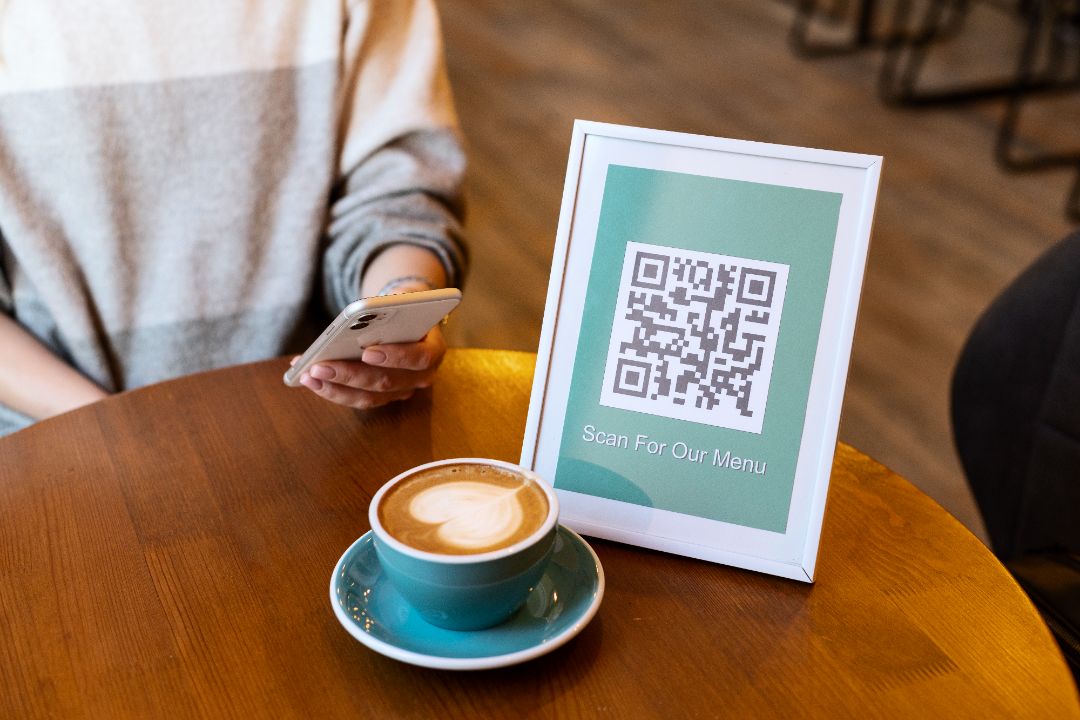
Table of Contents
- Introduction
- Why Go Digital?
- What is a QR Menu?
- Advantages of Using a QR Menu
- Getting Started: What You’ll Need
- Choosing a QR Menu Platform
- Designing Your QR Menu
- Generating the QR Code
- Testing the QR Menu
- Promoting Your QR Menu
- Measuring Success
- Updating Your QR Menu
- Case Studies
- Common Mistakes to Avoid
- Conclusion
Introduction
Hey there, restaurant owners and managers! Ever thought about how you can make your restaurant more tech-savvy and customer-friendly? Well, QR Menu is your answer. Let’s dive into how you can go digital and why it’s a game-changer for your business. In this comprehensive guide, we’ll cover everything from the basics to the nitty-gritty details, so buckle up!
Why Go Digital?
In today’s fast-paced world, going digital is not just an option; it’s a necessity. Here’s why:
- Efficiency: Speed up the ordering process by eliminating the wait time for servers.
- Safety: In the post-pandemic world, contactless menus are not just convenient but also a safer option.
- Cost-Effective: Say goodbye to the recurring costs of printing paper menus every time you update your offerings.
Curious about the investment? Head over to our pricing page for all the details.
What is a QR Menu?
A QR Menu is a digital version of your restaurant menu, accessible via a QR code scan. Customers simply scan the code with their smartphones, and voila, the menu appears on their screen! This eliminates the need for physical menus, making the dining experience smoother and more enjoyable.
Advantages of Using a QR Menu
Here are some compelling reasons to make the switch:
- User-Friendly: Easy to navigate, even for those who aren’t tech-savvy.
- Up-to-Date: Update your menu in real-time, allowing for daily specials or last-minute changes.
- Global Reach: Offer your menu in multiple languages, making it accessible to tourists or non-native speakers.
Getting Started: What You’ll Need
To kickstart your QR Menu journey, you’ll need:
- A digital version of your menu (PDF, Word, etc.)
- A smartphone or tablet with a camera
- A QR code generator
- A website or platform to host your digital menu
Choosing a QR Menu Platform
When picking a platform, consider these factors:
- Ease of Use: The platform should be intuitive, requiring minimal training for your staff.
- Customization: Look for platforms that allow you to add your branding elements like logos and color schemes.
- Price: Make sure the platform fits within your budget without compromising on essential features.
For a live example, check out our getademo page.
Designing Your QR Menu
Your QR Menu should be more than just a list; it should be an experience. Consider these design tips:
- Use high-quality images to make your dishes look irresistible.
- Keep the layout clean and organized for easy navigation.
- Use readable fonts and colors that align with your brand’s aesthetic.
Generating the QR Code
Once your menu is ready, it’s time to generate the QR code. Most QR Menu platforms offer this feature. Simply upload your digital menu, and the platform will generate a code for you. Make sure to download the QR code in a high-resolution format suitable for printing.
Testing the QR Menu
Before you go live, test the QR Menu on multiple devices and browsers to ensure it’s working smoothly. This is a crucial step that you shouldn’t skip. Ask friends, family, or even some of your regular customers to test it out and provide feedback.
Promoting Your QR Menu
Spread the word through:
- In-house signage: Place QR codes on tables, walls, and even the restaurant’s entrance.
- Social media: Create posts and stories to inform your followers about the new digital menu.
- Email newsletters: Send out an announcement to your mailing list.
For more promotional ideas, visit our about-us page.
Measuring Success
Keep an eye on these KPIs:
| KPI | What It Measures |
|---|---|
| Scan Rate | Number of scans per day |
| User Engagement | Time spent on the menu |
| Conversion Rate | How many scans lead to orders |
For more on this, check out our blog on the digital dining revolution.
Common Mistakes to Avoid
- Ignoring Feedback: Customer feedback is gold; don’t ignore it. Make necessary adjustments based on what your customers are saying.
- Poor Design: A hard-to-read menu will turn customers off. Invest in good design.
- Not Updating: Keep your menu fresh and up-to-date. Stale menus are a turn-off.
Conclusion
Going digital with a QR Menu is more than just a trend; it’s a smart business move. From design to implementation and tracking, each step is crucial for success. For more tips and tricks, explore our blogs on restaurant applications.
Summary
We’ve walked you through the A to Z of setting up a QR Menu for your restaurant. From the why to the how, this guide aims to equip you with all you need to go digital. So, what are you waiting for? Take your restaurant to the next level today!